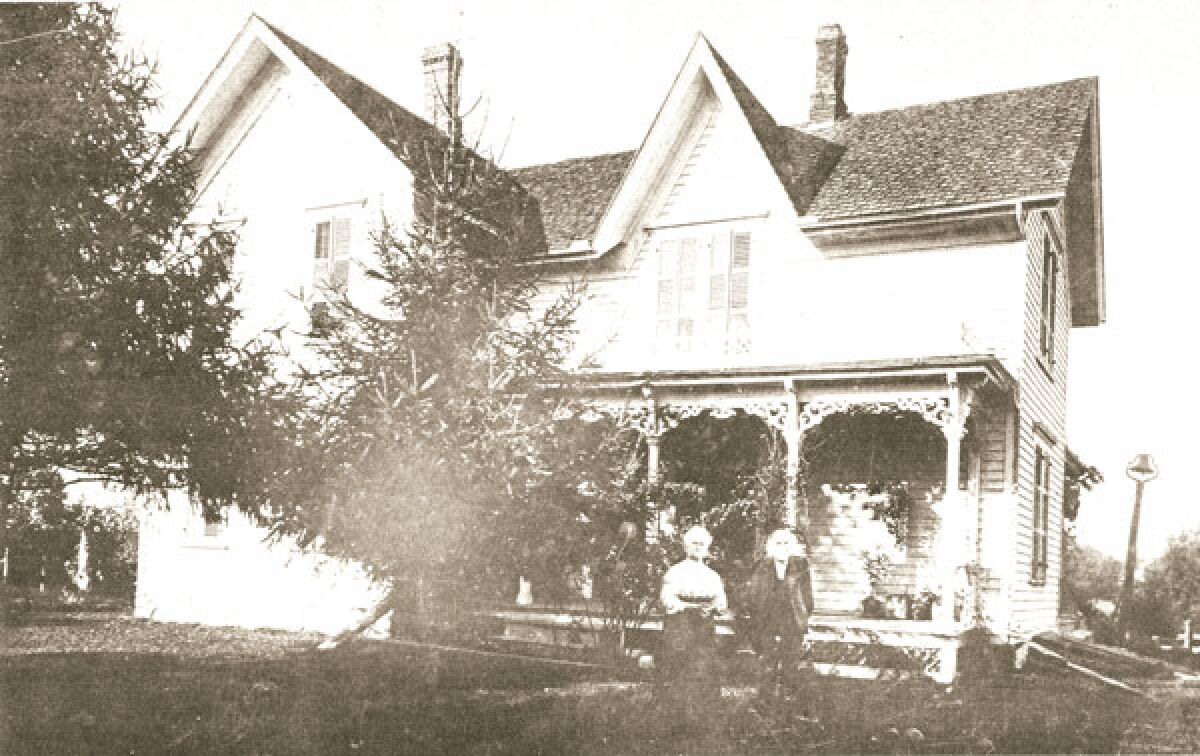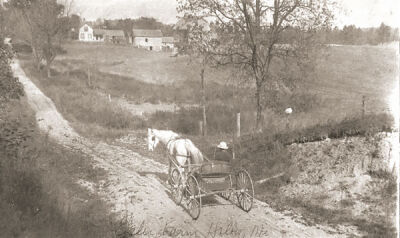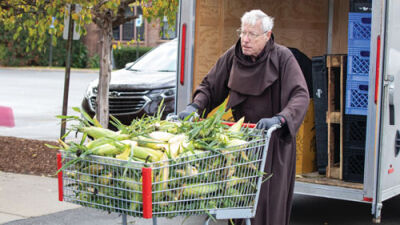OAKLAND COUNTY — Once a month, the Oakland County Parks and Recreation Department steps back in time with historian Carol Bacak-Egbo’s Fireside Chats.
Bacak-Egbo peers into the past, uncovering pieces of Oakland County’s history that have been long forgotten.
“I’m two kinds of historian. I’m a social historian, which means I’m all about people; in essence, I believe history is people. Then I’m also interested in what they call ‘micro history.’ The idea is to take a little place and teach big history. So, the little place I chose was Oakland County, because I knew I could teach anything I needed to teach about American history with Oakland County,” she said.
Combining local history with major historical events led to the Fireside Chats. With Bacak-Egbo’s background in American history and African American studies, her professional work as an educator on an elementary and college level, and her work in archaeology and local history, she aims to make the experience educational and dynamic. She believes that history is an exciting topic and should be taught as such, attributing many people’s disinterest in the subject to the way that it was presented to them. Through the Fireside Chats, Bacak-Egbo aims to dig up Oakland County’s best-kept secrets and raise awareness for Indigenous history, influential women, and African American history.
Donna Folland, the Parks and Recreation Department’s supervisor of planning and resource development, stated that programs like the Fireside Chats help tie residents to the land and the people who walked it before. Folland believes that knowing the history behind the parks and the people who once lived there makes the park experience more enriching.
“It’s a fascinating story, but not always a happy one. Especially when it connects us with past injustices, such as land being taken from Indigenous peoples or redlining practices that shut African Americans out of some areas. We can’t move forward to a more equitable and inclusive future without acknowledging the whole story.”
When most people think of archaeological digs, an African excavation site might come to mind. However, not all archaeology is prehistoric; archaeological digs happen right here in Oakland. Bacak-Egbo explains that sites such as old barns, mills, homes and outhouses can be treasure troves for finding artifacts. Using hands-on learning, Bacak-Egbo keeps a collection of artifacts, some of which she’s unearthed herself on various digs.
On a dig at an icehouse in Pontiac, Bacak-Egbo and her team uncovered 5,000 artifacts, including a 1920s water heater that exploded in the basement of the property. While this dig was impressive, she counters that her all-time favorite artifact was one she tied to her personal history. While studying the history of the Wisner House in Pontiac, she found a child’s fragmented plate that read “Hickory Dickory Dock.” Upon further research, she realized that her mother’s cousins were the caretakers on this property until the 1950s, and that the only baby on the property during that time would have been her relative.
Bacak-Egbo explains that history is about finding puzzle pieces from the past and trying to piece them together to find the full story. She encourages anyone who doesn’t enjoy history or doesn’t know where to start research to “find something local that you can study. It could be your family, an old building in town, maybe your house is old, and even if it’s just 50 years old, find out who owned it before you. There are all kinds of resources online, at your library and local museums. Find something personal to connect to.”
The next Fireside Chat will be held on Zoom at 7 p.m. Jan. 17. “The Mystery of the Disappearing Cemetery: Using Historical Sources to Solve a Puzzle from the Past” will focus on how historians work as detectives using clues from the past to uncover the truth. In particular, she will share the story of how she located a lost cemetery that was once located across from Independence Oaks County Park, according to a map from 1872. Whereas a map from 1896 shows no indication of the resting place or the bodies buried there. To find out how Bacak-Egbo solved “The Mystery of the Disappearing Cemetery”, visit https://oakgov.zoom.us/j/94928377280#success.
 Publication select ▼
Publication select ▼























